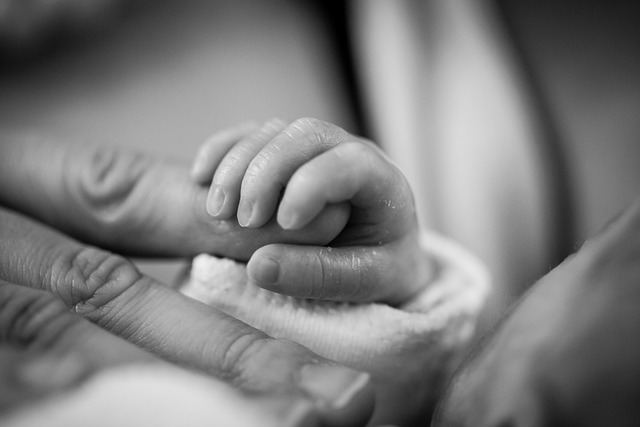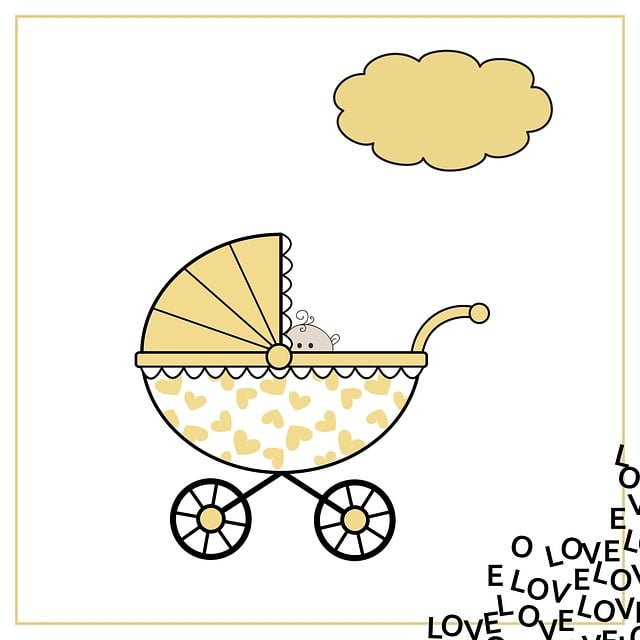To ensure a smooth inheritance process for beneficiaries residing abroad who are part of a British estate, it is imperative to secure an accurate and certified birth certificate translation into English or Welsh from a professional legal document translator well-versed in the UK's legal system requirements. These translations must be precise and legally compliant, reflecting all necessary details as per the original birth certificates. The process involves obtaining the authentic birth certificate from the General Register Office, followed by engaging with a recognized legal translator, who is proficient in the relevant languages and legal terminology. This expert should hold certification from bodies like the Institute of Translation and Interpreting (ITI) or the Chartered Institute of Linguists to validate the translation's authenticity and legality. Such translations are crucial for UK courts and governmental departments to recognize claims, thereby preventing legal complications and ensuring inheritance rights are processed without delay. Always opt for specialized legal document translation services that adhere to UK authorities' guidelines to guarantee your translated birth certificate is legally accepted and facilitates the resolution of inheritance matters efficiently within the UK legal framework.
navigating the complexities of inheritance matters often necessitates precise documentation, a key aspect being the translation of birth certificates. This article delves into the critical role of accurate birth certificate translations within the UK’s legal framework for inheritance claims. We will guide readers through the process of securing a reliable translation, highlight the importance of professional translators and accredited bodies in the authenticating process, and elucidate the legal implications and documentary requirements to ensure compliance with UK inheritance laws. Understanding “birth certificate translation UK” requirements is paramount for those dealing with estate succession across linguistic boundaries.
- Understanding the Necessity of Birth Certificate Translation in Inheritance Matters within the UK Legal Framework
- Navigating the Process: Steps to Obtain an Accurate Birth Certificate Translation for Inheritance Claims
- The Role of Professional Translators and Accredited Bodies in Authenticating Birth Certificate Translations for Estate Succession in the UK
- Legal Implications and Documentary Requirements: Ensuring Your Translated Birth Certificate Meets UK Inheritance Law Standards
Understanding the Necessity of Birth Certificate Translation in Inheritance Matters within the UK Legal Framework

navigating the intricacies of British legal systems, individuals dealing with inheritance matters where beneficiaries are located abroad must prioritize obtaining accurate birth certificate translations in the UK. The legal framework within the UK necessitates precise documentation to establish identity and lineage for heirs claiming entitlement to an estate. Birth certificates often serve as foundational proof of identity, and when the original document is issued in a language other than English or Welsh, or in non-Roman scripts, a certified translation becomes indispensable. This ensures that the UK legal authorities can authenticate the individual’s claim without hindrance, thereby facilitating a smooth inheritance process.
Professional birth certificate translation services in the UK are well-versed in the nuances of legal document translation and adhere to strict guidelines set by relevant authorities. These translations are not mere linguistic conversions; they involve a certification process that validates the translated information’s accuracy and integrity. This certification is crucial as it verifies the authenticity of the document, making it admissible in UK courts or acceptable by UK governmental departments handling inheritance cases. For beneficiaries involved in cross-border inheritance matters, securing a birth certificate translation UK that carries the necessary certifications is an essential step to confirm their eligibility and proceed with their rightful claims without unnecessary legal complications.
Navigating the Process: Steps to Obtain an Accurate Birth Certificate Translation for Inheritance Claims

Navigating the process of obtaining an accurate birth certificate translation in the UK for inheritance claims involves several key steps to ensure legal compliance and precision. Individuals must first secure an authentic copy of the original birth certificate from the General Register Office (GRO) or the relevant local authority in the UK. This document serves as the primary source for the translation, guaranteeing that all personal details are accurately represented in the target language.
Once the original birth certificate is obtained, it is imperative to engage the services of a professional translator who specialises in legal document translations. For inheritance matters, this expertise is crucial to ensure that the translation not only conveys the content correctly but also adheres to the legal requirements of the jurisdiction in question. The translator should be adept in both English and the target language, with a solid understanding of legal terminology to avoid any misunderstandings or errors that could complicate the inheritance process. Additionally, the translated document must bear a certification from an accredited translation authority, such as the Institute of Translation and Interpreting (ITI) or the Chartered Institute of Linguists (CIOL), to validate its authenticity and legal standing within the context of inheritance claims. This certification ensures that the translation will be accepted by legal entities, thereby facilitating a smoother process for claiming an inheritance in another country.
The Role of Professional Translators and Accredited Bodies in Authenticating Birth Certificate Translations for Estate Succession in the UK

In the context of inheritance matters within the UK, the accuracy and authenticity of birth certificate translations are paramount. Professional translators specialising in ‘birth certificate translation UK’ play a critical role in this process. These experts not only translate the legal documents from one language to another but also ensure that the translations adhere to the stringent standards set by UK law for estate succession. Their proficiency lies in their understanding of both languages and legal terminologies, which is essential for precise translation. Moreover, these translators are often well-versed with the UK’s legal requirements and can tailor their translations to meet the necessary criteria for recognition by UK authorities.
Accredited bodies, such as the Institute of Translation and Interpreting (ITI) or the Association of Translation Companies (ATC), further enhance the credibility of birth certificate translation UK services. These organisations ensure that member translators maintain high professional standards and ethical practices. They provide a framework for quality assurance and offer a verification system that can be relied upon by legal entities, including courts and government offices. This verification is crucial as it attests to the authenticity of the document’s translation, ensuring that the details are correctly interpreted and legally admissible for estate succession processes in the UK.
Legal Implications and Documentary Requirements: Ensuring Your Translated Birth Certificate Meets UK Inheritance Law Standards

When dealing with inheritance matters in the UK, presenting a correctly translated birth certificate is paramount to establish one’s identity and legal standing. The translation must accurately reflect the original document, adhering to the stringent standards set by UK inheritance law. A birth certificate translation UK must be executed by a professional translator who is adept at legal translations, ensuring that every entry on the certificate is precise and unambiguous. This includes not only the date of birth and parental details but also any additional information that may be relevant within the legal context of inheritance claims.
The legal implications of using an improperly translated birth certificate can be severe, potentially leading to complications or outright denial of inheritance rights. Therefore, it is imperative that the translation process follows specific guidelines set by official bodies, such as the UK’s Home Office or the Professional Translators’ Association (PTA). A certified translation may also be required, which adds an additional layer of authenticity and legal compliance to the document. It is advisable to engage with a reputable translation service that specialises in legal documents to ensure that the translated birth certificate will be accepted by UK authorities and institutions involved in inheritance matters. This due diligence not only safeguards one’s rights but also expedites the resolution of inheritance-related issues within the legal framework of the UK.
In concluding, the imperative nature of birth certificate translations within the UK’s legal context for inheritance matters cannot be overstated. Navigating this process, as outlined in the article, from understanding the legal framework to engaging professional translators, is critical for a seamless transition of estates. Ensuring that these translations meet the stringent standards set by UK inheritance law is not only advisable but often a legal requirement. For individuals facing such situations, securing the services of experienced translators who are well-versed in the nuances of both language and law is paramount. The accuracy and authenticity provided by these experts safeguard the rights and interests of all parties involved, facilitating fair and just inheritance outcomes. Prospective beneficiaries should heed the guidance provided herein to avoid complications and ensure that their claimant status is duly acknowledged according to UK law.
